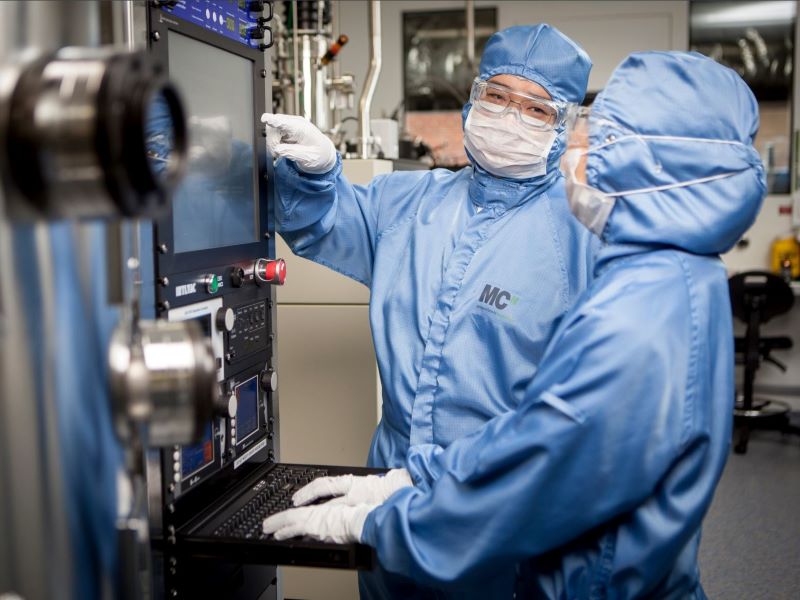Australia’s peak science group has called for the use of “industry brokers” at national research facilities and repeated its push for a dedicated research translation fund to incentivise domestic advanced manufacturing industries.
In a submission to the current Senate inquiry into Australia’s manufacturing industry, Science & Technology Australia (STA) warned there is not enough “direct incentive” to turn ideas into products in Australia, and said businesses were struggling to access national research infrastructure.

The group said government policies like the research and development tax incentive, upcoming patent box and various federal grant programs play an important role in improving conditions for manufacturers but the “missing piece of the puzzle” was a direct incentive to develop ideas in Australia.
This should come in the form of a new Research Translation Fund, where deep tech and scientific breakthroughs are supported much earlier to bring them to a commercialisation and manufacturing phase, according to STA, which pointed to successful translation funds overseas as evidence.
“This [Research Translation Fund] would complement the role of the well-established Medical Research Future Fund and perform a similar catalysing and commercialising boost for science and technology breakthroughs in all fields,” the STA submission said.
The group also called for the introduction of “industry brokers” across facilities in the National Collaborative Research Infrastructure Strategy program.
The federally funded program supports national research infrastructure with $4 billion allocated for the 12 years to 2029. But the government is currently reviewing the National Research Infrastructure priorities and has flagged more industry involvement as an area for improvement.
STA told the manufacturing inquiry the government should provide long-term secure funding for NCIRS, including dedicated funding for brokers within research facilities like the Australian Nuclear Science and Technology Organisation and the Australian National Fabrication Facility (ANFF).
STA chief executive Misha Schubert said the national research infrastructure is vital for achieving Australia’s research ambitions but industry partners often struggle to access it.
“We’d like to see the creation of new ‘industry broker’ roles to help businesses get to know these capabilities and identify how the business can use them,” she said.
“We see a huge advantage especially for advanced manufacturing firms to be able to reach into these specialist facilities for expertise, support and assets.
“These roles should be created with a funding boost on top of operational budgets.”
The ANFF has already told InnovationAus it is onboard with facilitating more public-private research partnership access to its facilities, while a new $30 million ANSTO manufacturing facility has been billed as a way to contribute to research translation and medical industry collaboration.
STA also told the inquiry the government should cover the salary of a PhD intern for manufacturers as a way to get more experts into the industry, and develop a national strategy to incentivise the manufacture of low-emissions technology.
“We should capitalise on the growing global demand for clean energy technology made in Australia using our abundance of clean energy raw materials,” Ms Schubert said.
“The bottom line is that we should be trying to ensure that what is discovered in Australia is made in Australia.”
Do you know more? Contact James Riley via Email.


The issue remains as Bureaucrats and consultants paid to deliver specific results for Politicians all try to pick winners when they can only select on what they know and seek to protect their backsides by never straying outside of their self determined safety net….